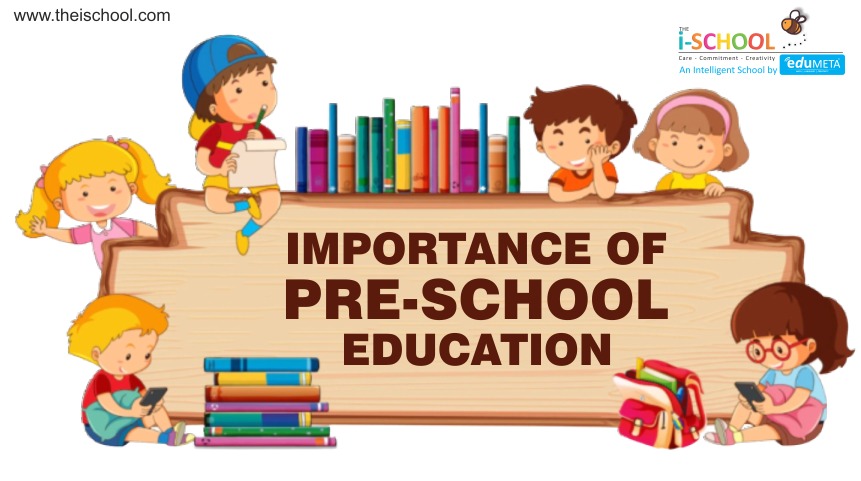Importance Of Preschool Education

Preschool education includes children aged 3-5 years old has certain features that facilitate the process of thinking among the children. Through games, drawing and music children are taught things about the environment and about the society in which they live.
Many theorists in this field consider that preschool education is very important for achieving equality in education.
What do kids learn in preschool?
In preschool, children will learn to strengthen their social and emotional development.
Children learn how to compromise, be respectful and solve problems. Preschool provides an environment for children to explore, gain a sense of self, play with peers, and build self-confidence.
School Readiness
Behavior management is a major part of preschool learning. As children learn about routine. final directions, and waiting. Quality preschool helps children find answers through explorations, experimentations, and conversation.
Language and cognitive skills
Children’s language is nurtured in a language-rich environment. In the classroom, teachers help children strengthen their language by introducing new vocabulary during art, snack time, and other fun activities.
Teachers engage students by provoking questions to allow them to learn language through singing, talking about books, and creative play.
Academics
In pre-school, pre-math and pre-literacy skills are introduced. Are all children going to learn to write letters at the age of 3? But, no, the given opportunity to have a writing center with all different kinds of writing utensils and paper, the child will begin to strengthen his fine motor skills, which are needed to learn how to write properly. Many preschools have introduced smart board technology into the academic curriculum. A teacher needs to be trained on how to use them and integrate their use into the classroom. Children progress well using this technology.
Self Confidence
In Preschool, children learn to do things for themselves. Children learn to wash their hands for themselves, go to the bathroom, remove their shoes, and put their belongings of them in their place, without parents or teachers doing it for them. Children may have classroom jobs and take pride in helping out in the classroom. Learning new things helps them in building self-confidence.
